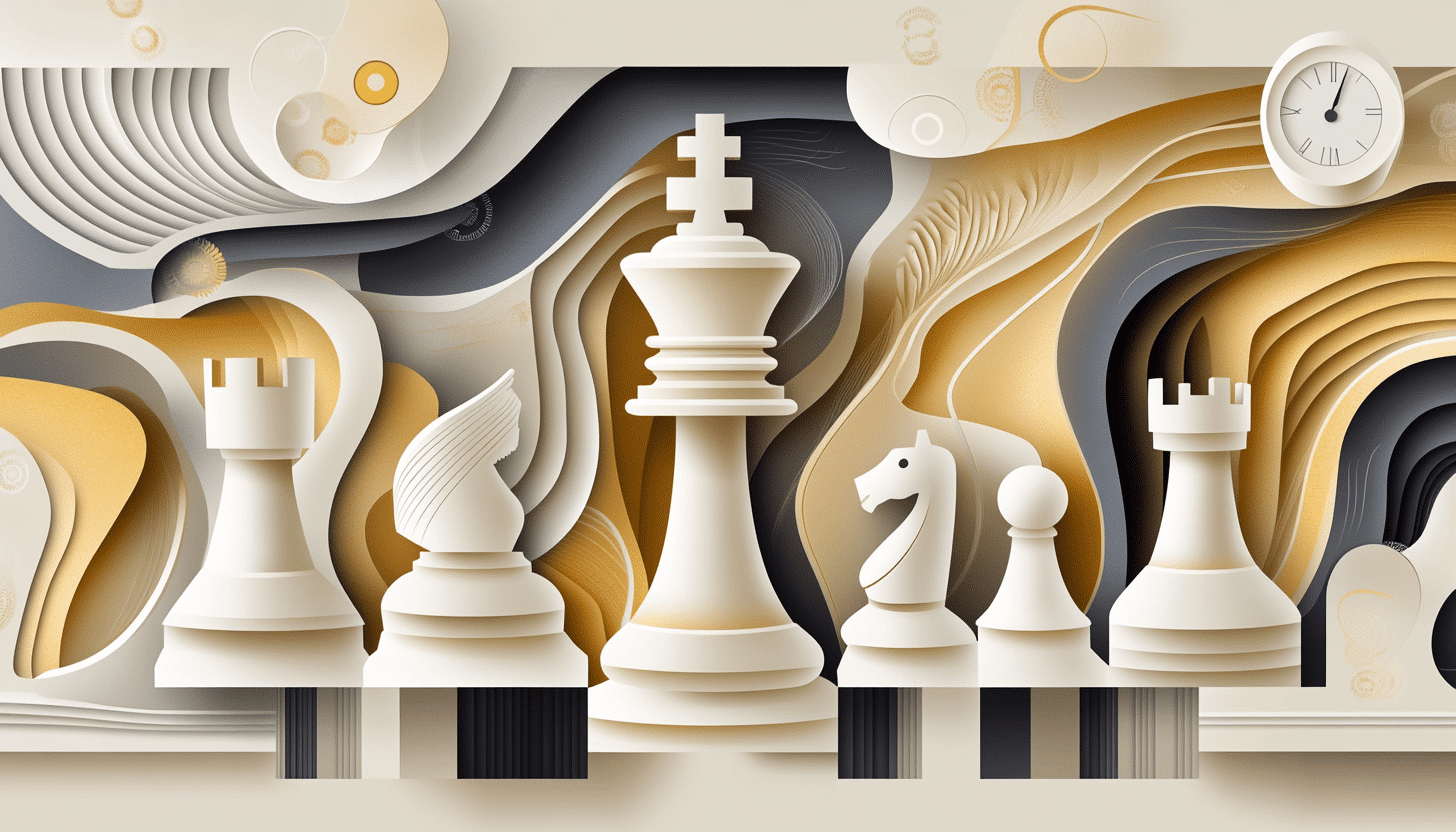What is International Chess Day?
International Chess Day is held every year on July 20 and is celebrated worldwide. The date marks the founding of the International Chess Federation, also known as FIDE, in Paris in 1924. Since then, the day has grown into a global event where people of all ages and backgrounds engage with chess. In 1966, UNESCO proposed to formally recognise the day, and since 2019, it is officially acknowledged by the United Nations. Chess Day celebrates the game’s value as a tool for education, inclusion and peace.
Chess encourages critical thinking, patience and strategic insight. It is a game without language barriers, played across borders and generations. On this day, schools, clubs and online platforms host tournaments, exhibitions and workshops. The aim is to introduce more people to the game, deepen appreciation and build global connections. It is a day where thought, focus and play come together.
History and Origin
The origins of chess can be traced back to northern India during the Gupta Empire in the sixth century. The early form of the game, called chaturanga, was played on an eight-by-eight board with four military divisions represented by pieces. From India, the game spread to Persia, where it evolved into shatranj, and later travelled to the Islamic world and Europe. By the fifteenth century, the game had taken on its modern form.
On July 20, 1924, during the Summer Olympics in Paris, the International Chess Federation (FIDE) was founded. The goal was to create a global structure for organising tournaments and ranking players. FIDE adopted the motto “Gens una sumus,” meaning “We are one family,” to reflect the unity it sought through chess. Over the decades, FIDE has grown into the main international body overseeing chess events and regulations.
In 1966, UNESCO proposed to designate July 20 as International Chess Day. This was supported by FIDE and widely adopted by national federations. The idea was to use the day to promote the educational and cultural value of chess. In 2019, the United Nations General Assembly officially recognised the day and linked it to goals such as equality, cooperation and intellectual development. Since then, participation has grown rapidly, both offline and online.
Who participates in International Chess Day?
- Chess players: People from all levels, from beginners to grandmasters, who engage in friendly or competitive games.
- Schools and teachers: Educators who use chess to support concentration and logical thinking.
- Libraries and cultural venues: Spaces that organise exhibitions, readings or workshops about chess history and technique.
- Chess clubs and communities: Local groups that hold events or teach new players the basics.
- Online platforms: Digital spaces that host tournaments and challenges, reaching millions of users worldwide.
Slogans and Themes
Each year, International Chess Day may include a theme that highlights a different aspect of the game. These themes often focus on education, equality or dialogue. Examples include “Teach Someone Chess” or “One Game, One World.” The tone is always inclusive and curious. Themes are used to create focus across activities and give a shared identity to the global celebration.
Colors, Symbols and Patterns
Colors
- Black and white: Represent the traditional chessboard and the balance between opposing forces.
- Gold: Used to highlight excellence and mastery in design and trophies.
- Dark green: Sometimes used in physical boards and sets, evoking tradition and concentration.
Symbols
- Chessboard: Represents the structure and infinite variation of the game.
- Knight piece: Often used as a symbol of creativity and unconventional thinking.
- Pawn: Sign of progression and hidden potential, a key figure in teaching the game.
Patterns
- Checkered squares: Evoke the board and are often used in decoration or logos.
- Tactical diagrams: Illustrations of chess positions and solutions used in training.
- Piece silhouettes: Used in branding or educational tools to explain roles and movement.
Most Used Hashtags
- #InternationalChessDay
- #ChessDay
- #PlayChess
- #FIDE
- #GensUnaSumus
How Do You Celebrate International Chess Day?
- Join a chess tournament: Take part in a local or online match organised for the day.
- Teach someone the basics: Help a friend or child learn the game for the first time.
- Visit a chess club or café: Play casually or watch others play and discuss tactics.
- Explore classic matches: Study historical games from famous players and learn from their strategies.
- Follow livestreams and commentary: Watch games or lessons broadcast by professional players.
Why is International Chess Day Important?
International Chess Day is important because it draws attention to a game that builds skill, discipline and imagination. It helps children develop logic, adults to stay sharp, and communities to interact across backgrounds. Chess is used in classrooms, prisons, refugee camps and corporate training. It is flexible, portable and powerful. The day reminds us how valuable that simplicity can be.
It also promotes global unity. No matter where you live, you can play chess with someone across the world. Rules are shared, values are exchanged, and ideas are tested on equal ground. On this day, the game becomes more than a pastime. It becomes a tool for connection, learning and respect.
Features
- Hobby and Leisure
July 20: Chess Day
Why do you keep falling for the same type?
Read the article Lovemaps: the hidden blueprint of our love.

